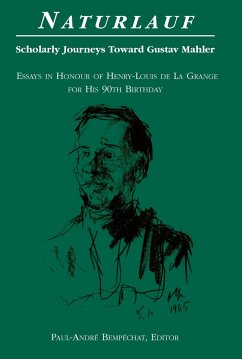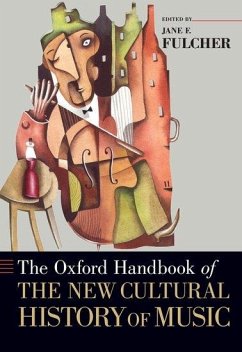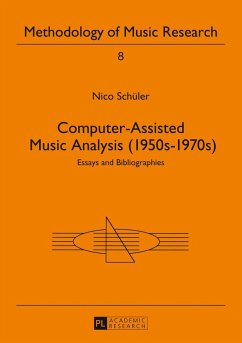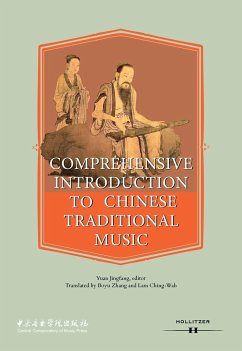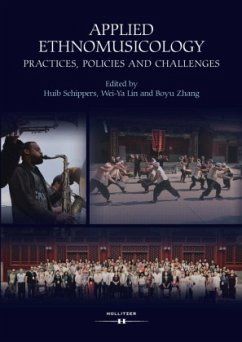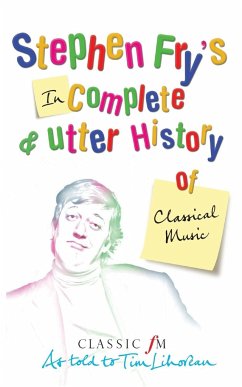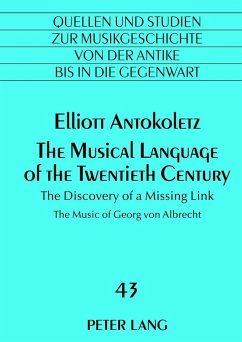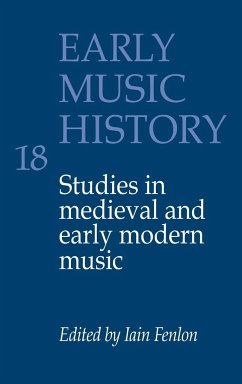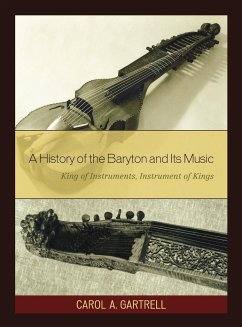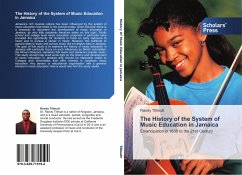
Music Preferred. Essays in Musicology, Cultural History and Analysis in Honour of Harry White
Essays in Musicology, Cultural History and Analysis in Honour of Harry White
Herausgegeben: Bodley, Lorraine Byrne
Versandkostenfrei!
Versandfertig in 3-5 Tagen
89,00 €
inkl. MwSt.
Weitere Ausgaben:

PAYBACK Punkte
0 °P sammeln!
The contributions to this Festschrift, honouring the distinguished Irish musicologist Harry White on his sixtieth birthday, have wide repercussions and span a broad timeframe. But for all its variety, this volume is built around two axes: on the one hand, attention is focussed on the history of music and literature in Ireland and the British Isles, and on the other, topics of the German and Austrian musical past. In both cases it reflects the particular interest of a scholar, whose playful, sometimes unconventional way of approaching his subject is so refreshing and time and again leads to inn...
The contributions to this Festschrift, honouring the distinguished Irish musicologist Harry White on his sixtieth birthday, have wide repercussions and span a broad timeframe. But for all its variety, this volume is built around two axes: on the one hand, attention is focussed on the history of music and literature in Ireland and the British Isles, and on the other, topics of the German and Austrian musical past. In both cases it reflects the particular interest of a scholar, whose playful, sometimes unconventional way of approaching his subject is so refreshing and time and again leads to innovative, surprising insights. It also reflects a scholar, who - for all the broadening of his perspectives that has taken place over the years - has always adhered to the strands of his scholarly preoccupations that have become dear to him: the music of the 'Austro-Italian Baroque', and Irish musical culture first and foremost. An international cast of authors announces the sustaining influence of Harry White's wide-ranging research.
Dieser Artikel kann nur an eine deutsche Lieferadresse ausgeliefert werden.




